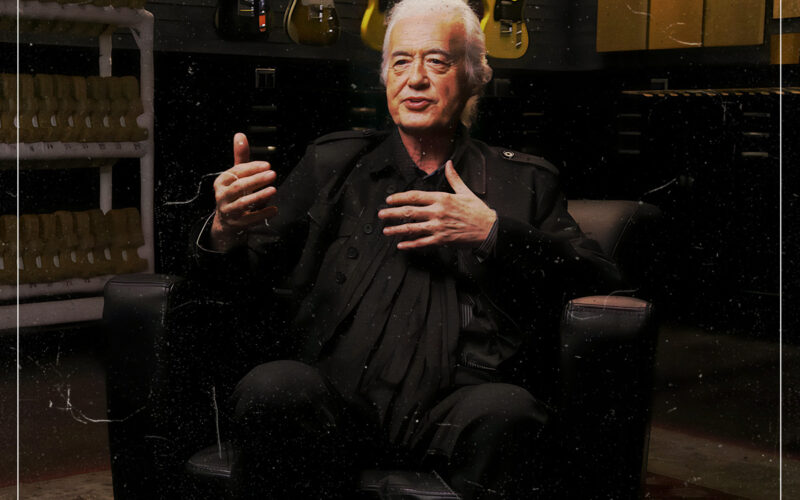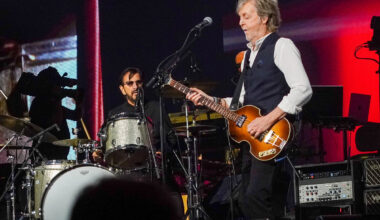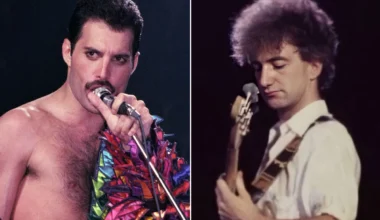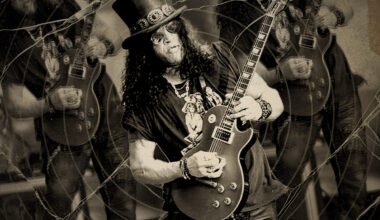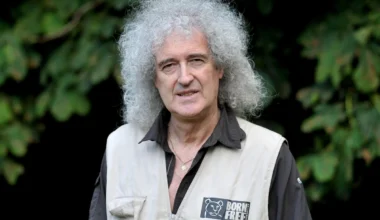We are truly in the age of the biopic. They’re rolled out at will now, in what is always a cleverly crafted marketing plan to boost an artist’s PR and most likely sell tickets for an upcoming comeback tour. To me, they are baseless puff pieces that rarely have any artistic merit, and because there are so many of them these days, I have no interest in watching a single one.
Anyway, I’ve always had a preference for documentaries. I mean, if I am going to spend 90 minutes watching a whistle-stop tour of someone’s life, I would rather see real footage and not have to sit through over-dramatised reinterpretations. Some of the best films I’ve watched about bands have been documentaries, not biopics: Supersonic, Summer of Souland Searching For Sugar Man are the standouts.
So I am glad that a band with as much credit as Led Zeppelin have veered away from biopic territory so far. As the embodiment of rock’s flamboyance, any big-screen adaptation could swiftly turn into satire and completely undercut the genuine merit of their artistic legacy.
With that, I was pleased to see that the announcement of an upcoming Zeppelin film was in documentary format. Released this year, Becoming Led Zeppelin was a traditional style of documentary, with archive footage being cut between interviews to do no more than celebrate the music, the band and the journey of how they got there. It was clear then that the project was approached with some caution.
Naturally, there would have been a swathe of interest in the band for years when it came to making a film, and so Jimmy Page, Robert Plant and John Paul Jones would have their pick of the litter. Luckily for them, the privilege was bestowed upon Bernard MacMahon and Allison McGourty, who, in the process of securing the opportunity, were put to the sword by the band.
Page was the first to meet with MacMahon in a London hotel. He reportedly came armed with a wealth of archival gold, but before he sat down and went to share it with the filmmaker, he asked a relatively short question to check his knowledge of the band was up to scratch. Page asked MacMahon what band he had been playing in when he first met Plant, to which MacMahon swiftly answered “Hobbstweedle” “Very good,” Page said, informing him that the first test had been passed.
But that wasn’t it for MacMahon. Soon after, he was invited to Pangbourne, where Page’s houseboat resided. It was a house steeped in lore, having been bought with money Page made a 1960s session player and where Led Zeppelin had their very first rehearsals. Being the Zeppelin fan he was, MacMahon of course accepted the invitation, a move Page saw as the final completion of his test.
MacMahon revealed that Page said, “If you had said no to Paingbourne, we wouldn’t have done the film.” This is a relatively simple test for those truly within the music world, but one that would have felt like Everest for baseless, money-driven studio executives.
